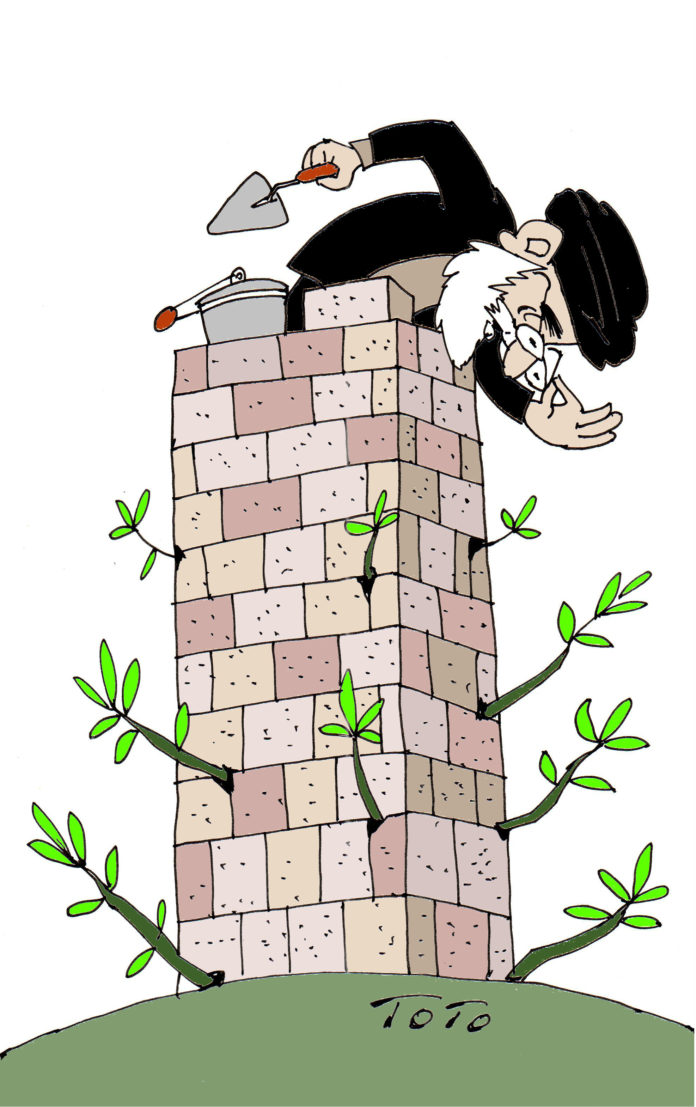By Edmond Y. Azadian
Recent massive demonstrations in major Iranian cities have focused news outlets and commentators once again on the region, with a variety of analyses and interpretations based on each party’s interests. The US and Israel have a distinct view and have overwhelmingly supported the demonstrators. European countries have cautioned all sides not to inflame the situation, while Russia has a muted approach and Armenia is watching the situation with apprehension. There is subdued cheer in Azerbaijan where the leadership is expecting dividends in terms of territorial reward should a collapse similar to Iraq, Syria and Libya occur. We should be reminded that during the administration of Abulfaz Elbichey, Azerbaijan openly laid territorial claim on Iran’s northern region.
Of course, Iran has its own interpretation of and explanation for the events. Iran’s Attorney General Mohammad Jafar Montazeri has accused the West of fomenting trouble, stating “that the mastermind behind the eruption of protests in the country was a US-Israeli-Saudi think tank that had been plotting for the rallies [for the past] four years.”
Of course, any observer of the Middle Eastern politics does not need Mr. Montazeri’s accusation to get to know the real cause of disturbances; it is very easy to extrapolate from the events which destroyed Iraq, Libya and Syria. Iran was on the list of the neocons during the Bush-Cheney administration, but the plans did not work as Vice President Dick Cheney had predicted and planned. He was sure that once the US invaded Iraq, the local people would welcome the soldiers with bouquets of flowers as liberators. Those bouquets never materialized; instead bombs and grenades were showered on the forces and they continue to this day, in the process killing more than one million Iraqi citizens and 4,500 US military personnel on the field and an equal number of Iraq veterans in the US because of suicides.
President Barrack Obama changed the course of US policy in the Middle East, but the neocons and their cohorts never changed their plans. President Obama negotiated the nuclear deal with Iran to save the peace and to protect Israel’s security, but in recent years, Prime Minister Benjamin Netanyahu and President Trump have been labeling it as a “bad, bad deal.”
Let’s make some things clear. Iran is a theocracy and the regime there is repressive. The economy is in shambles and many suffer in poverty. Still, the Iranian people at least have more security and can lead safer lives than those in neighboring countries, where in the US lexicon, are enjoying democracy after overthrowing repressive regimes. Because of its energy resources, Iran was once a prosperous country but Western economic sanctions have crippled the country with the specific purpose of making it ripe for eruption. And the Trump administration has decided that time has arrived to take up again the unfinished business of the neocons.








